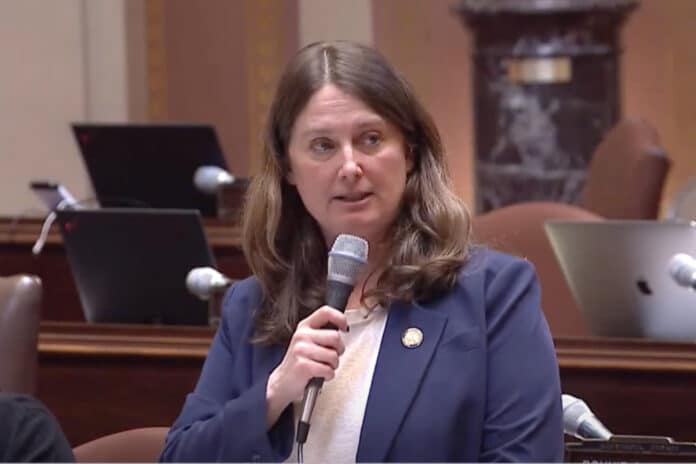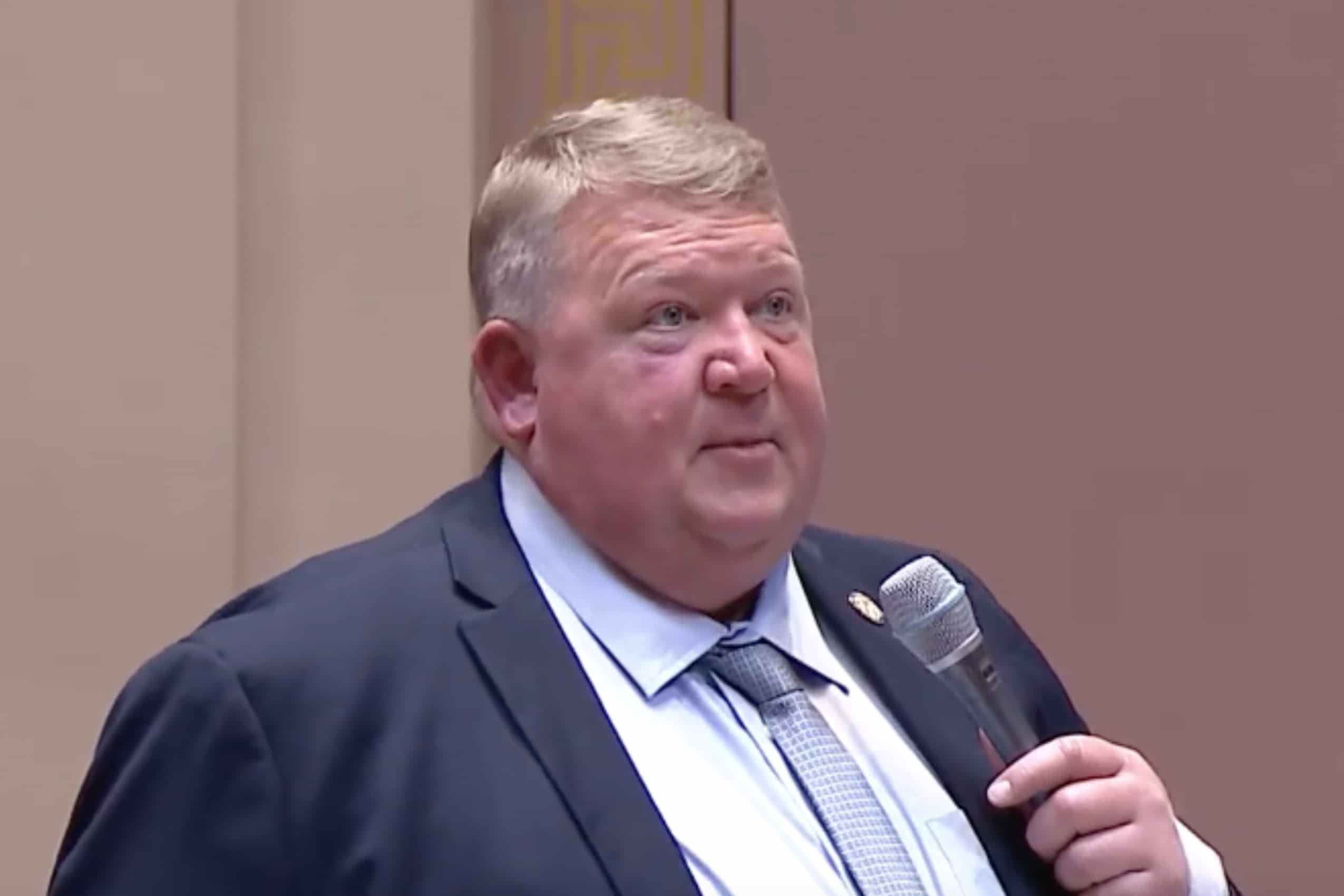
Small business leaders across the state are criticizing a proposed minimum wage increase that Democrats in the Senate passed on a party-line vote last week.
SF3852, an omnibus labor bill sponsored by Sen. Jen McEwen, DFL-Duluth, increases the annual cap for raising the minimum wage to 5 percent, as indexed to inflation. The current cap is at 2.5 percent. The legislation also contains a provision that would eliminate exemptions for the size of employer as it relates to annual increases in the minimum wage.
“For our state’s smallest employers, not only would there no longer be a designated small business minimum wage, but the minimum wage for these small businesses will spike without warning,” wrote Lauryn Schothorst, a director for the Minnesota Chamber of Commerce, in testimony opposing the provision. The chamber represents more than 6,300 businesses that employ more than a half million people across Minnesota.
The current minimum wage structure in state law distinguishes between “large” (annual gross revenues of at least $500,000) and “small” (annual gross revenues under $500,000) employers.
On Jan. 1, 2024, the minimum wage for large employers in Minnesota rose 26 cents from $10.59 to $10.85, and for small employers it increased 22 cents, from $8.63 to $8.85. The bill Democrat senators passed last Tuesday eliminates that distinction.
“While we do not support removing this small business provision, we request that any significant changes to wage or work requirements that particularly target small businesses be phased in as well as take effect after a robust public education and awareness campaign initiated by the state,” Schothorst continued in testimony she wrote criticizing the provision. A number of labor activist organizations have testified in support of the provision.
Minnesota currently ranks 25th in the nation in its minimum wage. Washington has the highest minimum wage among the 50 states, at $16.28 per hour. Twenty states across the country, including neighboring states Iowa, Wisconsin, South Dakota and North Dakota, have a minimum wage that mirrors the federal minimum of $7.25 per hour.
All 34 DFL senators voted in favor of the proposal. Republicans said increases to the minimum wage should be left to the legislatures.
“I think most of us would agree the minimum wage should be adjusted, but it should be adjusted by the 201 elected officials,” Sen. Rich Draheim, R-Madison Lake, told his Senate colleagues during floor debate on the bill. He unsuccessfully authored an amendment that would return the cap rate indexed to inflation to 2.5 percent and also give the labor commissioner the ability not to raise the minimum wage, annually.

“I’m against and have voted against many times anything that has an automatic inflater on it,” Draheim continued.” As this bill does, as drafted. I am all for healthy debate.”
But bill sponsor McEwen said doubling the automatic inflater to 5 percent would provide help “for the lowest paid workers in our state who are left behind.”
“If we look at our minimum wage today, and Sen. Draheim, I appreciate you acknowledging this, but it’s painfully, outrageously low,” McEwen said during debate over the bill. “There is no one in our state who could live on what our minimum wage is right now.”
McEwen, a labor attorney from Duluth, has made it one of her priorities to make Minnesota a leader in the minimum wage movement.
Democrats want to double minimum wage by 2028
Last month a bill that would nearly double the minimum wage to $20 per hour by Aug. 1, 2028 was heard in the Senate Labor Committee. That proposal, which is sponsored by Sens. Zaynab Mohamed of Minneapolis, Clare Oumou Verbeten of St. Paul and McEwen, was laid over without a vote from committee members. Two DFL members of that committee, Sens. Rob Kupec and Grant Hauschild, did not speak to the bill during its hearing. Both represent portions of northern Minnesota considered to be swing districts in 2026.
“I personally believe this is a long time coming,” McEwen said during the March 19 hearing on SF4019.
The Minnesota Grocers Association and National Federation of Independent Business have strongly criticized the bill.
One lawmaker, Sen. Nathan Wesenberg, R-Little Falls, has proposed an alternative solution. He has co-authored a bill that would establish a “zero income tax” bracket floor on the first $31,000 earned by single filers and the first $46,000 earned by married/joint filers. SF4264 is not likely to receive a hearing as Democrats control the Senate by one seat. But the bill does have bipartisan support, as one of its co-sponsors is Sen. John Hoffman, DFL-Champlin.
“When we increase the minimum wage, the employees then are going to see an increase to prices (they pay for goods),” Wesenberg said in a recent Senate Labor Committee hearing. “What we could do is decrease (income) taxes, let people keep more money, then they are actually making more money.”
Hank Long
Hank Long is a journalism and communications professional whose writing career includes coverage of the Minnesota legislature, city and county governments and the commercial real estate industry. Hank received his undergraduate degree at the University of Minnesota, where he studied journalism, and his law degree at the University of St. Thomas. The Minnesota native lives in the Twin Cities with his wife and four children. His dream is to be around when the Vikings win the Super Bowl.














